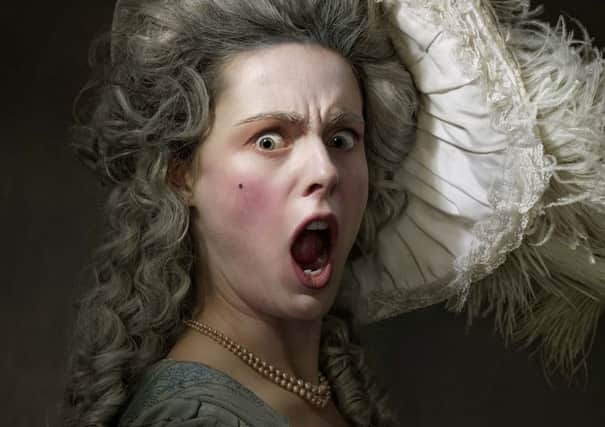Mansplaining rife among leading lights of Scottish Enlightenment


While the leading thinkers and scientists of the Scottish Enlightenment such as David Hume, Adam Smith and James Hutton were lauded for their ideas and achievements, it is only now emerging how they regarded women, even those they “allowed” to read their manuscripts.
However, Dr Rosalind Carr, author of Gender and Enlightenment Culture in 18th Century Scotland, says that women were “not absent but not entirely present” in the intellectual movement which challenged the established way of thinking, instead saying “reason” must be used.
Advertisement
Hide AdAdvertisement
Hide AdWhen describing the movement which lasted almost a century, reaching its zenith between 1750 and 1800, and gave Edinburgh its reputation as the “City of Genius”, French philosopher Voltaire said “we look to Scotland for all our ideas of civilisation”.
Carr, a cultural and gender historian in the department of history at Birkbeck College, University of London, said: “There was a Eurocentric and white male supremacist outlook. In Edinburgh life was dependent on what class you came from.
“The major male thinkers in the Scottish Enlightenment did not ignore women but saw them as playing a role in making men into refined creatures.
“Women were subjects of philosophical inquiry, but not key agents. Women didn’t really have agency.”
Carr, who will be giving a talk, Women in the Enlightenment, on 3 March at the National Library of Scotland on George IV Bridge in Edinburgh, cited examples such as Hume describing how women “civilised” men.
In his essay, Of the Rise and Progress of the Arts and Sciences (1742), Hume wrote: “As nature has given man the superiority above woman, by endowing him with greater strength both of mind and body; it is his part to alleviate that superiority, as much as possible, by the generosity of his behaviour, and by a studied deference and complaisance for all their inclinations and opinions.”
However, towards the end of the century these attitudes were challenged by women in Scotland. After a battle, women won the right to participate in the all-male Pantheon Society. The Speculative Society in Dundee then allowed women to attend and vote on questions, although they were not allowed to participate in debates.
Carr said that Alison Cockburn, a poet and intellectual hostess, was typical of a tranche of women who attempted to assert women’s role in the Scottish Enlightenment.
Women and the Enlightenment, 3 March, 2020, National Library of Scotland